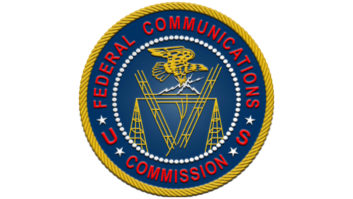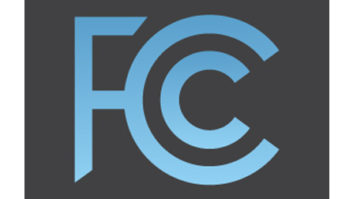Usually, when the commission adopts new rules, the effect of the new rules is prospective and not retroactive. That is, new rules normally only apply to situations which arise after the rules become effective; situations that were in place prior to that time remain subject to the old rules.
So there were a lot of surprised and disappointed folks when, just as the commission adopted its new ownership rules, the Media Bureau announced interim processing guidelines for broadcast assignment and transfer applications, as well as certain modification applications, during the transition period commencing with the adoption date of the new rules.
Future freeze
The bureau’s guidelines include a freeze on all future and pending assignments and transfers of broadcast licenses, except those for non-commercial stations and pro forma assignments and transfers. The guidelines also establish procedures for handling (1) new applications, (2) pending applications which were filed prior to June 2, and (3) petitions and objections filed against already-pending applications.
The freeze arises from the fact that the commission will need to prepare and approve new application forms to reflect the new multiple ownership rules. And once the FCC has readied new forms, the forms still can’t be used until the Office of Management and Budget has also approved them.
Accordingly, the commission has frozen all new broadcast transfer and assignment applications that require the use of FCC Form 314 or 315 until the FCC publishes a Federal Register notice that OMB has approved the revised forms. Once that notice is published, parties will be able to file new applications. But they must demonstrate compliance with the new multiple ownership rules or submit a showing that a waiver of the new rules is warranted.
Long-form assignment or transfer of control applications or modification applications that had been filed prior to June 2, but which have not yet been granted, will be processed under the new rules. In order to establish compliance with those rules, applicants may amend their pending applications to include new multiple ownership showings; alternatively, they may submit a request for waiver of the new rules.
Amendments will not be accepted until the FCC has published a Federal Register notice that the OMB has approved the information collection requirements contained in such amendments. The FCC may determine that any such amendment warrants a new public notice for the pending application.
The FCC will continue to allow the filing of short-form pro forma assignment and transfer applications on FCC Form 316 and will process new and previously pending 316s in the normal course.
In informal conversations, the FCC’s staff has noted that certain pending applications might be granted even before the new rules have gone into effect or before OMB has approved the FCC’s new information collection requirements. In radio, the easiest case would be when a buyer is acquiring one station (or a single AM/FM combo) in an Arbitron-rated market, and the pending application does not require a multiple ownership study, triggered by overlap of same service station contours.
In TV, the FCC will apparently be looking at pending applications on a case-by-case basis.
In both radio and TV, it appears that if, in the staff’s opinion, the application clearly complies with the new rules and would not require an amendment, the staff may be willing to grant it even though the new rules have not gone into effect.
Finally, because the new ownership rules terminated the interim policy concerning competition and local radio market concentration, the FCC has stated that, as of June 2 it will no longer “flag” radio sales applications under that policy. And pending petitions to deny and informal objections which challenge transfer or assignment applications solely on grounds of competition and market concentration pursuant to the interim policy will be dismissed as moot. (Pending petitions and objections that raise issues unrelated to competition will be addressed at the time the FCC acts on such applications.)
Dilemma
For many deals in progress, these processing guidelines create a dilemma.
Hundreds of station deals that have been signed up are now indefinitely stalled because of the FCC’s freeze on processing assignment and transfer applications. It was reported that the FCC would not have the new assignment and transfer application forms printed up until the end of July. Thereafter, the new forms will have to be approved by OMB and the approval published in the Federal Register. By some estimates, the freeze could last all summer or beyond.
There is an added wrinkle to this unprecedented freeze on assignments and transfers. Many radio stations in the southeastern United States will be filing their FCC license renewal applications in the summer and autumn. This is critical because the FCC will not grant the assignment or transfer of a station while that station’s license renewal application is pending.
The potential one-two punch of that policy combined with the freeze cannot be ignored by parties currently negotiating purchase or sale agreements. Because of the freeze on ownership-related applications, it is possible, if not nearly certain, that buyers and sellers won’t be able to file such applications until some time in the autumn.
But if the station’s renewal application is then filed while the assignment or transfer application is pending, the sale of that station could be further delayed by the three to four months (or longer) it takes the FCC to process the renewal.
In short, if you plan to buy or sell a commercial radio station in a state whose radio renewals are due this year (that would include the Carolinas, Florida, Puerto Rico, the Virgin Islands, Georgia and Alabama), depending on the date the freeze is lifted and the station’s renewal date, it is highly likely that you will not be able to close on the transaction until 2004 — and possibly several months into 2004 — after the license renewal is granted. You should be sure to factor this into your plans and negotiating strategy.











